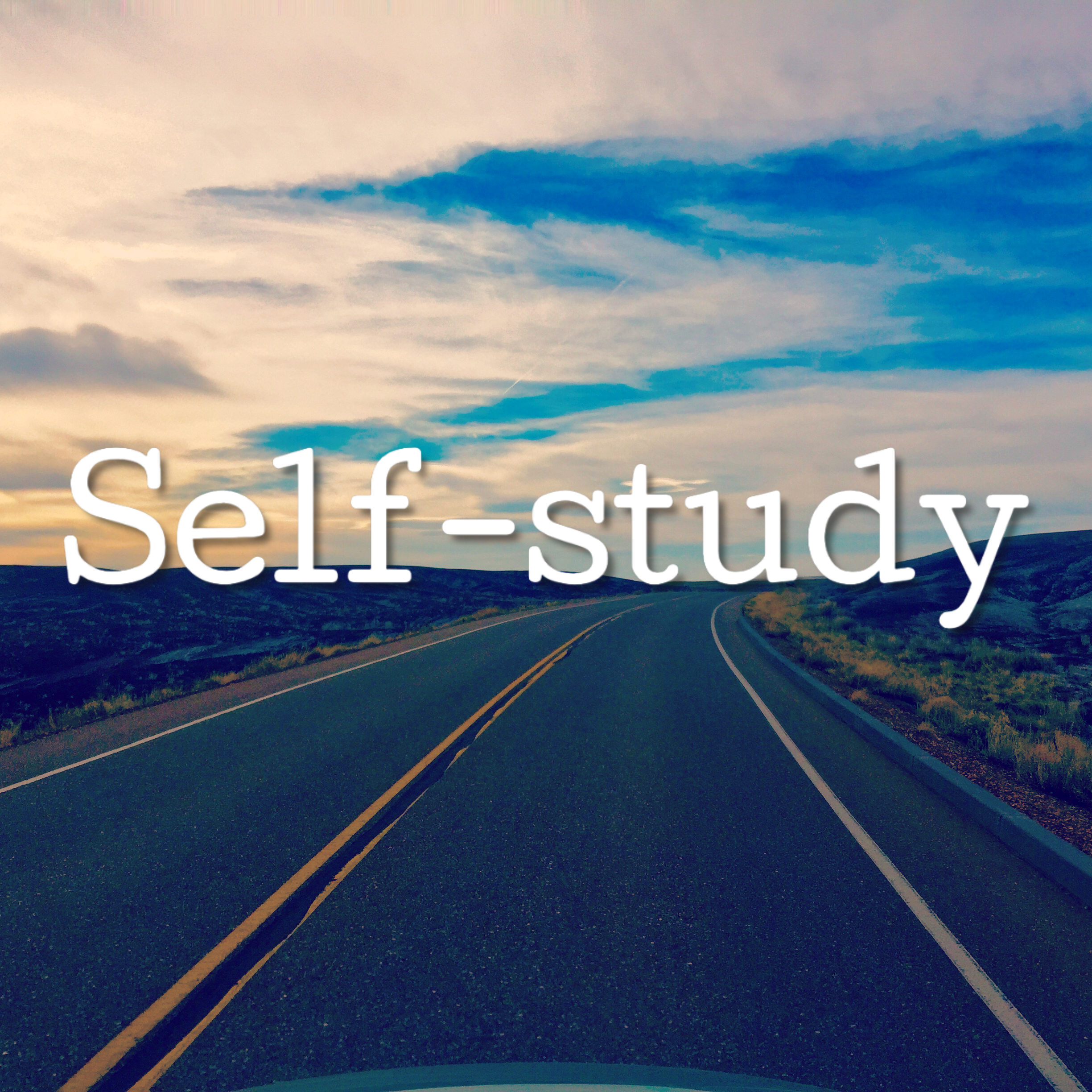
21 Dec Yoga Niyamas: Svadhyaya, or Self-Study
Yoga is a robust philosophy full of advice and practices based on thousands of years of experience.
Yoga has evolved with its master practitioners, who are themselves connected to a lineage of teachers through the history of time, to suit the changing needs of the community of people who practice.
One important component of yoga is that it’s a system of the study of the self. It’s not about learning and following what others say and believe, it’s empirical. About determining what you know and feel yourself.
This brings us to our next niyama, svadhyaya.

Svadhyaya: Self-study
Moving towards understanding yourself. Traditionally, study of spiritual texts or repetition of mantra.
When firmly established in svadhyaya, you become connected to your own divinity.
One of the things I love about yoga is that it’s non-dogmatic.
The philosophy doesn’t require you study Hindu texts any more than it suggests you look to Christian documents.
It does, however, say that a complete yoga practice includes this type of study.
The Yoga Sutras ask you to go to the source texts and master teachers (I’m not in this category).
Going to the source texts is extra interesting as English readers because few, if any, spiritual source documents were written in English.
When you find your English-language source, keep your eyes open for translator bias. Read more than one translation.
Better yet, study Sanskrit, Arabic or Hebrew!
You’ll also see svadhyaya interpreted as self-study in the vein of self-help, journaling, and self-reflection. Psychological growth, if you will.
There’s actually another yogic concept called pratipaksa bhavana that’s closer to these practices, but still I want to mention this here.
Other ways to live in the spirit of svadhyaya
-Reflect on your experiences. Journal or talk it through honestly with a friend. Do so with a focus on your own behavior, thoughts, and feelings, not trying to find blame. How did this go well? How could it have gone better? What did I learn from this? What do I want to be acknowledged for?
-Read inspirational books, whether they are religious, spiritual, pop psychology, poetry, or anything uplifting. Again, reflect on what comes up for you while you read.
-Spend time in meditation. Sit with a question or desire you have for yourself. This means you simply sit in a comfortable, upright position with your question or desire in mind, and repeat it as you breathe for some time. After your timer has rung, try to remember what came up for you during your meditation.
-Consider the reasons why you might not adhere to any of the yamas or niyamas. What keeps you from living this way or that? Do you care? Why or why not?
-Realize that as you know yourself better, you become master of your thoughts, words, and actions and can direct them to create the life you choose for yourself.
Sutra 2.44
